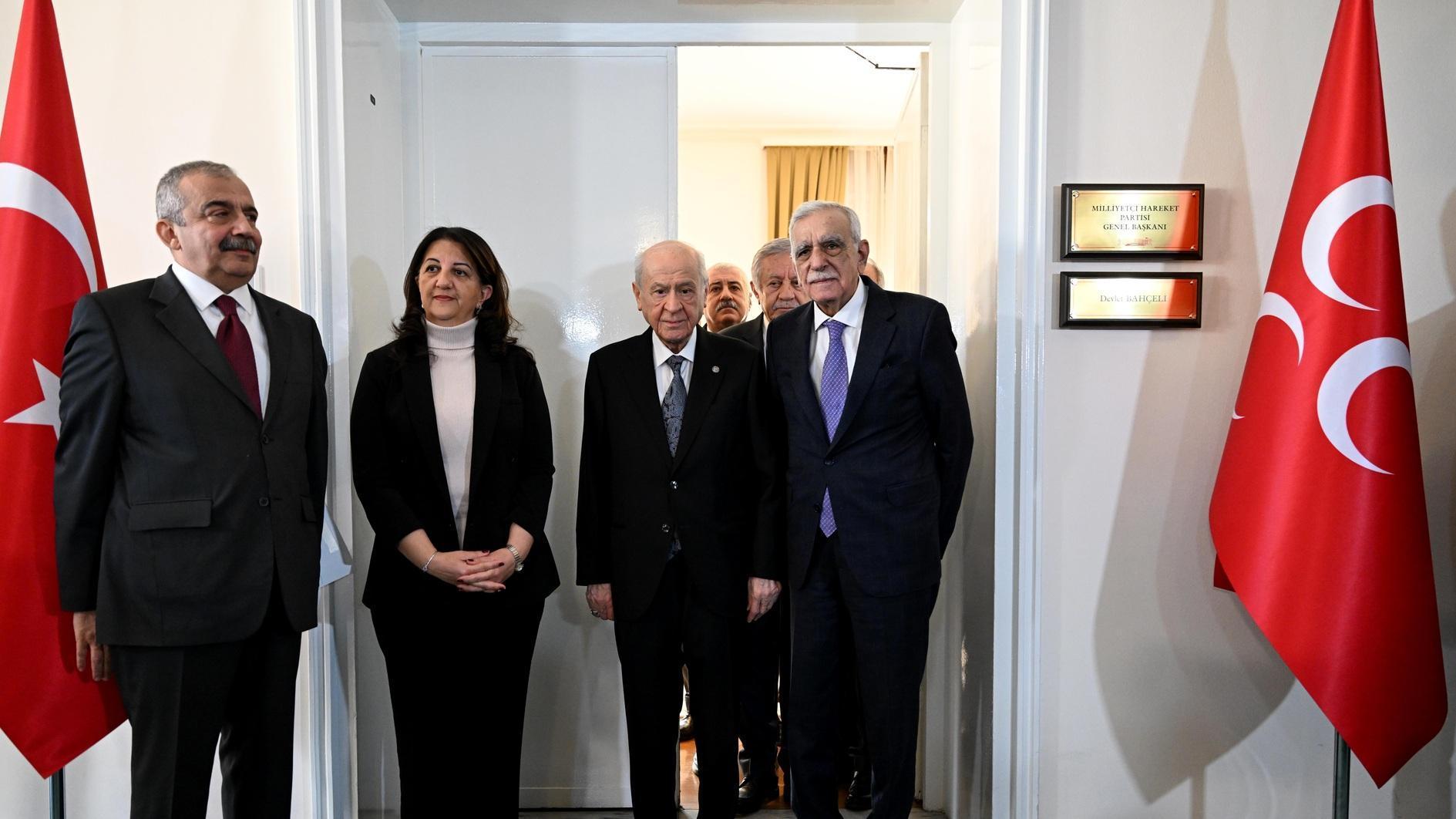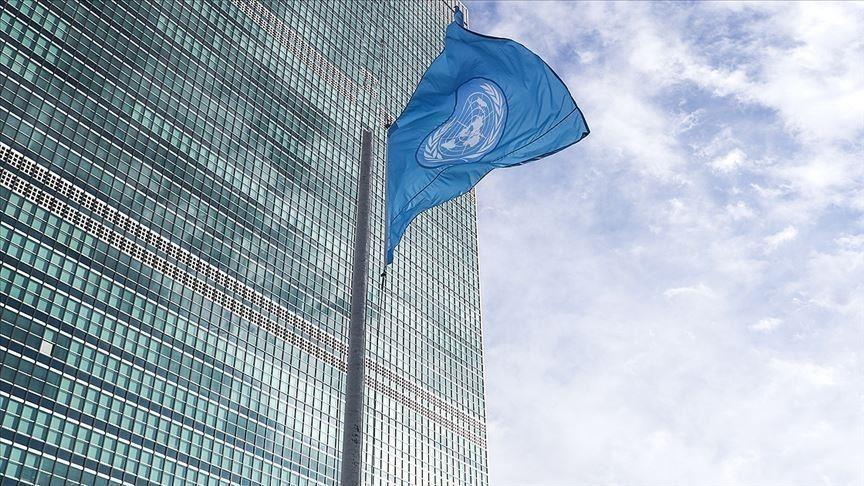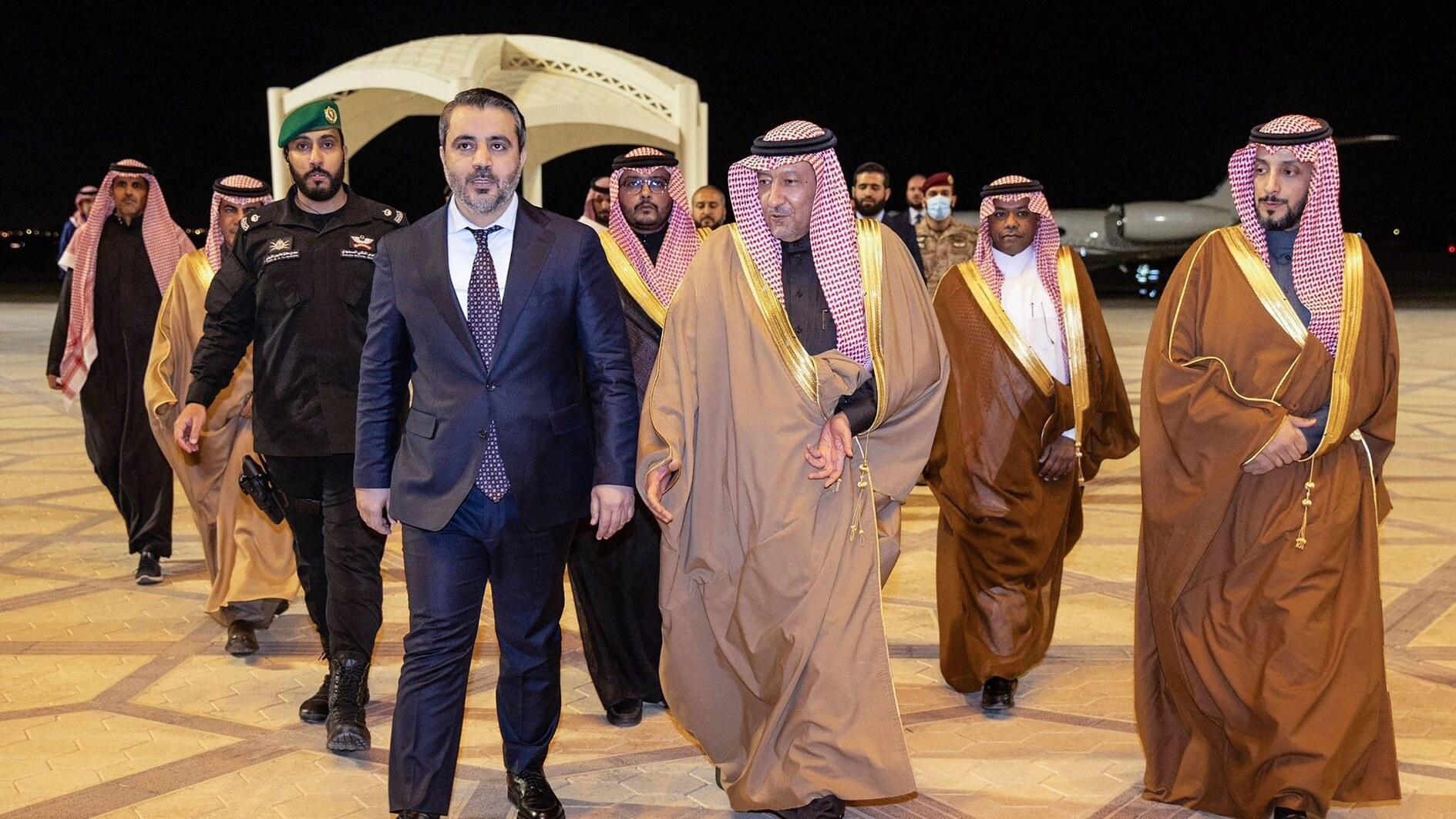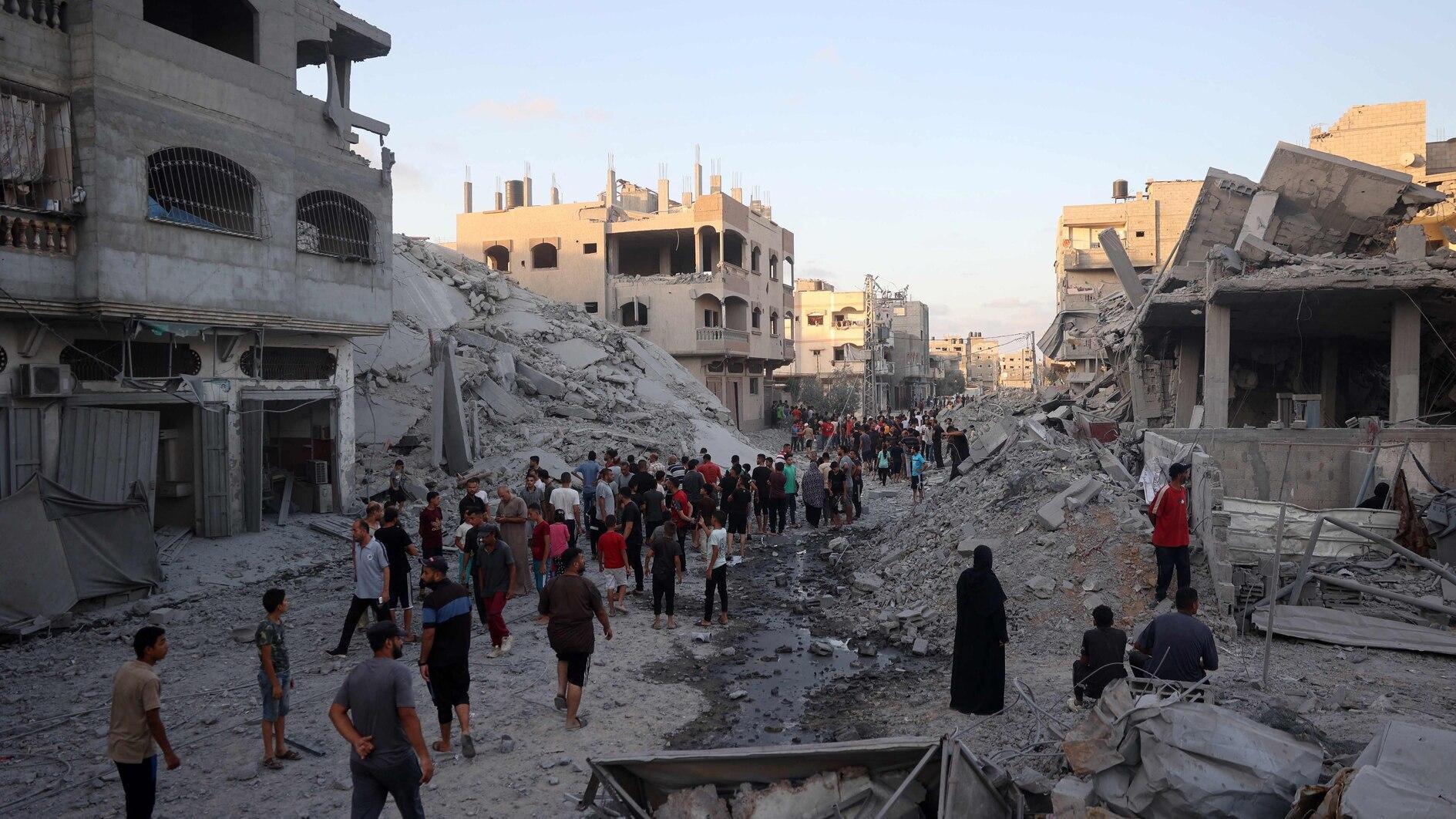Syria Kurds get KRG defense instruction
ISTANBUL
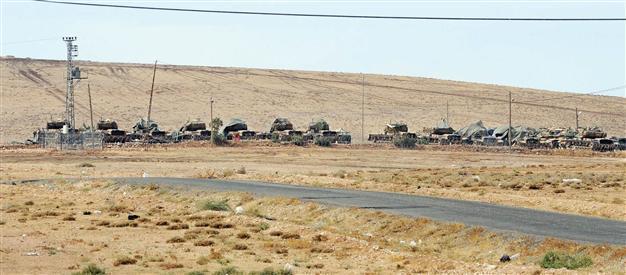
DAILY NEWS photo, Selahattin SÖNMEZ
There are between 10,000 and 15,000 Kurdish refugees from Syria in their region and some of them given defense training to protect themselves in their home regions, Kurdistan Regional Government (KRG) leader Masoud Barzani has said.“There are between 10,000 and 15,000 Kurdish refugees from Syria in Kurdistan. Many of them are young men. It is true that some of them have received training. They have not been trained for attack, but for defense. The regions where they live have no system of defense, and they need to be able to preserve them from chaos,” Barzani said in an interview with French magazine L’Essentiel des Relations Internationals.
Asked whether he would be in favor of reunification of the Kurdish entity in Syria with the autonomous Kurdish region in Iraq, Barzani said the situation of the Syrian Kurds was different. “They have been deprived even of citizenship. They have not been treated as citizens of their country. And the process of arabization began much earlier, in the early 1960s. The solutions for the different areas in which they live must therefore be different, too” He said his government was helping them to develop an orderly and unique political discourse, without imposing solutions. “Where the reunification of Syrian Kurdistan with the autonomous Kurdish region of Iraq is concerned, it is not on our current agenda. But in the future, who knows? It is the right of every nation to want to be reunited, a natural right that can only be claimed through peaceful ways and dialogue.”
Opportunity in Turkish Parliament
Barzani has also reiterated a call on the outlawed Kurdistan Workers’ Party (PKK) to cease its armed struggle against Turkey, while speaking out against ongoing violence in Turkey. “Where the situation in Turkey is concerned, we uphold the rights of Kurds in that country. But we believe that the change in Turkish policy can be used to achieve further progress in the recognition of these rights. The PKK’s strategy of armed combat is no longer necessary. We neither accept nor support it. We are against this war and this violence,” Barzani said when asked how he reconciled his support for Turkey’s Kurds with his burgeoning relations with Ankara, as well as his stance on the PKK.
“There is now an opportunity for the Kurdish members of Turkish Parliament to make their influence felt. The opposition can be transformed into peaceful demonstrations in city streets, at Parliament and elsewhere. There is no need for violence. We have told the Kurdish political leaders that they should resolve the problem by peaceful means,” he said. While it is true that Turkey has a problem with the Kurds, there must be a peaceful solution to the “Kurdish problem,” he said.
Barzani also said Iraq did not want relations with Turkey to deteriorate and expressed his willingness to help develop further economic cooperation between the two countries.



